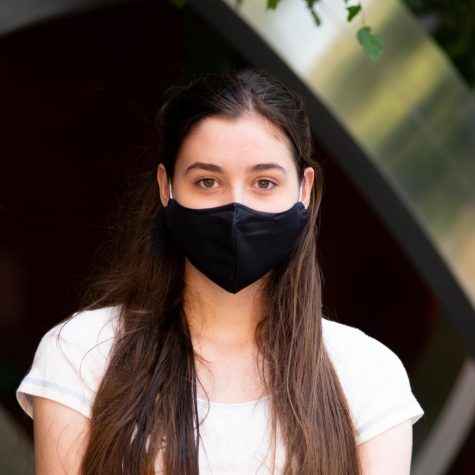As libraries across the country have closed in response to COVID-19 in the past month, the Internet Archive announced that they were creating a National Emergency Library that will allow the public to freely borrow materials from their collection of 1.4 million digitized books through the end of the U.S. national emergency. The service has received support from The New Yorker and numerous educational institutions, including the Massachusetts Institute of Technology, for providing people who are currently shut out of their school libraries with free access to digital books.
It’s important to note that not everyone can afford to buy books right now, especially students. With many school libraries shut, making sure that students and teachers have free access to books is more important than ever before.
Despite this, the National Emergency Library’s current model exploits authors. As it operates right now, the service acquires books through donations and partnerships with various physical library locations. Rather than following the protocol that public libraries follow and paying publishers for licensing rights, the service simply scans and uploads donated books as ebooks. This does more than just prevent publishing companies from making money off of books: by bypassing licensing rights, the National Emergency Library’s model prevents authors from receiving royalties for their ebooks.
With COVID-19 social distancing measures cancelling book tours and speaker-engagements, most authors — many of whom were already living on a mean income of $20,300 a year — are now forced to rely solely on royalties to support themselves. Supporting authors by purchasing their books during this time, if you can afford to, is extremely important. Making their books available to download for free makes it less likely that people will actually buy them, which can harm authors in an already financially challenging time.
Not only that, but the National Emergency Library does not notify authors that their books are available on their website, nor do they always honor requests to opt-out of the program. Several authors claim that they requested to have their books removed from the website numerous times, only to have them taken down for a short period of time before being made available again to the public later.
It’s true that the majority of the books available through the digital library were published in the 20th century, which makes the website a great source for typical high school reading like “The Great Gatsby” and “To Kill a Mockingbird.” But the library also offers thousands of modern titles, many of which were published in the last 20 years.
Many libraries also already offer digital lending services, including the New York Public Library. Even in my relatively small hometown in upstate New York, I have been able to borrow an ebook for one of my English classes from my local library easily. The National Emergency Library’s services are akin to what many libraries are already doing, but with a critical difference: the Internet Archive is doing so in a way that prevents authors from earning money from their work.
Providing resources for students and teachers in need is important right now. As a student who cannot usually afford to buy new books, I understand that having access to free books can be the difference between reaping the full educational benefits of a class and just scraping by without feeling fully invested in the class’s content. Public libraries provide vital services year-round, but especially during a pandemic when students might not have easy access to school resources.
While ensuring that books are accessible to students is important, it is also important for authors to receive compensation for their work. If the National Emergency Library wants to truly support both authors and readers, then it needs to update their model so that authors are able to preemptively decide if they want their work to be available on the service, rather than forcing them to request it to be taken down. Without providing writers with compensation for their work, the National Emergency Library is only harming authors in the long run.
Opinions expressed on the editorial pages are not necessarily those of WSN, and our publication of opinions is not an endorsement of them.
A version of this article appeared in the Monday, April 13, 2020 e-print edition. Email Helen Wajda at [email protected].
























































































































































